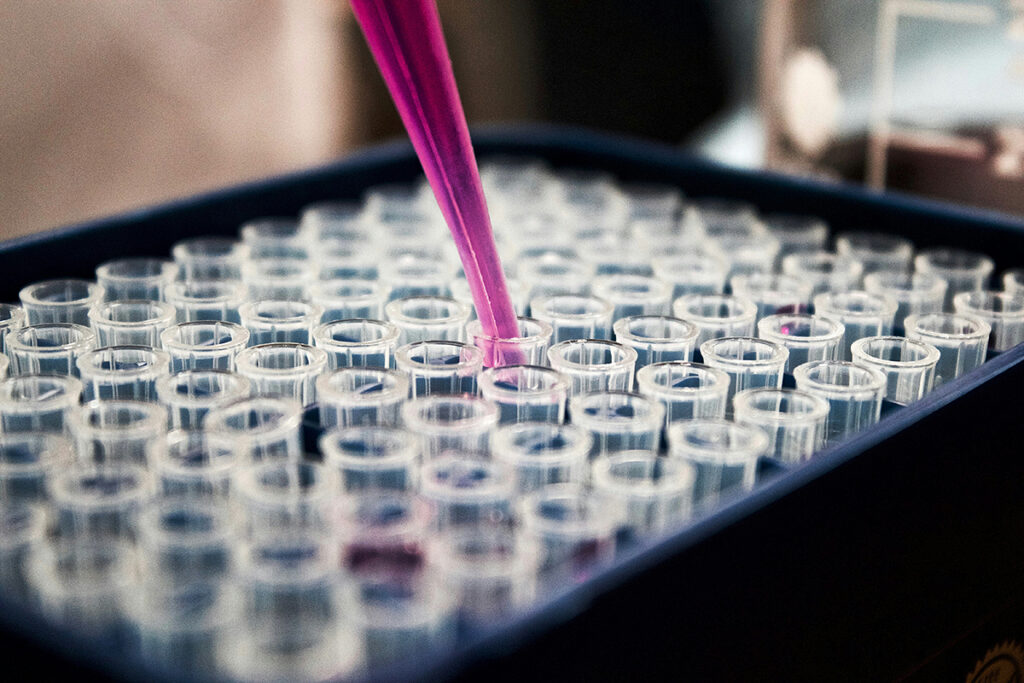The leading cause of death from severe COVID-19 is a respiratory failure caused by pneumonia and systemic inflammation. In patients with severe SARS-CoV-2, the level of Pro-inflammatory cytokines increases and the level of anti-inflammatory cytokines decreases. That leads to a cytokine storm that results in acute respiratory distress syndrome (ARDS), shock, multiple organ failure, and death.
Anti-inflammatory hormones corticosteroids have been used to treat atypical pneumonia (SARS). They are also used to reduce inflammation in COVID-19. 14 clinical trials were initiated by October 2020 to evaluate the safety and efficacy of the corticosteroid dexamethasone for the treatment of SARS-CoV-2.
Scientists at the University of Oxford have confirmed that dexamethasone reduces the risk of death among severe COVID-19 patients. The randomized controlled open-label trial began in March 2020. The study on hospitalized patients aims to explore possible treatments for COVID-19. The study showed that dexamethasone significantly reduces the risk of death in patients with COVID-19 who are on artificial ventilation and oxygen therapy by 35 and 20%, respectively. However, there were no clinical benefits in patients with mild to moderate severity, as well as in hospitalized patients with COVID-19 who did not receive oxygen or ventilation. Based on the results of this study, the UK government allowed dexamethasone to be used for the treatment of seriously ill patients with COVID-19.
The synthetic corticosteroid dexamethasone is used to treat inflammatory and autoimmune conditions: rheumatic diseases, skin diseases, asthma, many forms of allergies, chronic obstructive pulmonary diseases, brain edema, postoperative eye pain, and bronchospasm.
Corticosteroids inhibit the action and expression of molecules involved in the inflammatory response in pneumonia. They increase the production of anti-inflammatory cytokines. Corticosteroids reduce the output of Pro-inflammatory cytokines, chemokines, and adhesion molecules that not only bind cells to each other but are also used by viruses to penetrate the epithelial barrier.
A study of severe pneumonia in piglets has shown that glucocorticoids reduce the inflammatory response. The anti-inflammatory effect of dexamethasone likely counteracts the cytokine storm in SARS-CoV-2, protecting the lungs and the lives of patients.
However, the use of corticosteroids can cause side effects, so simultaneous administration of immunoglobulins (IV-IG) and IFN-β may help in the treatment of COVID-19 using corticosteroids. In April 2020, Iranian scientists launched a clinical trial to test whether early administration of dexamethasone along with IV-IG and IFN-β, can reduce the devastating effects of cytokine storm in critically ill patients with COVID-19.
USFDA approves the examination as a broad immunosuppressant spectrum. It is 30 times more active than cortisone and lasts longer. Dexamethasone is thought to limit the production of inflammatory cytokines and their damaging effects. However, as an immunosuppressant, it suppresses the functions of T cells and blocks the production of immunoglobulins by B cells. It can potentially lead to an increase in the viral load in the plasma. This effect of dexamethasone requires further study.
Although dexamethasone is useful only for patients on artificial ventilation and oxygen therapy, the overall impact of dexamethasone use on reducing mortality is enormous, because most of those who die from COVID-19 are seriously ill patients. The relatively low cost of dexamethasone makes it available to low-and middle-income countries. Effective treatment of the coronavirus, no less than a vaccine, gives hope for ending the pandemic.
Source: Dexamethasone: A boon for critically ill COVID-19 patients?



